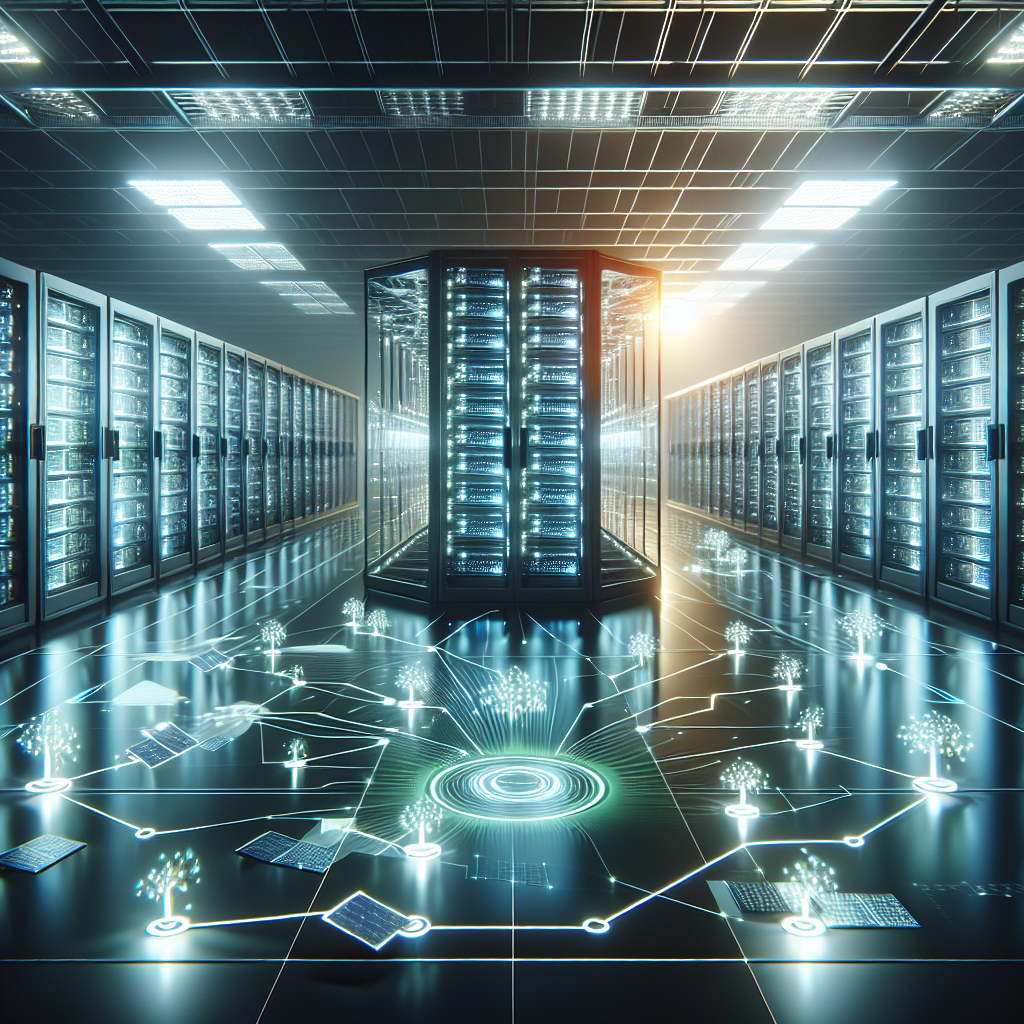Data centers play a crucial role in the modern digital landscape, serving as the backbone of the internet and supporting the ever-increasing demand for data processing and storage. To keep these facilities running smoothly, reliable backup power sources are essential, and generators have long been the go-to solution for ensuring uninterrupted operations during power outages.
In recent years, advancements in data center generator technology have made these backup power systems more efficient, reliable, and sustainable than ever before. From advancements in fuel efficiency to the integration of smart technology, the future of data center generator technology looks promising. So, what’s next for innovations in this critical area of infrastructure?
One of the key trends in data center generator technology is the push towards greater fuel efficiency. Traditional diesel generators have long been the standard choice for backup power in data centers, but they are not the most environmentally friendly option. In response to growing concerns about carbon emissions and sustainability, manufacturers are developing new generator technologies that are more fuel-efficient and produce fewer harmful emissions.
One exciting development in this area is the use of hybrid power systems that combine traditional diesel generators with renewable energy sources such as solar or wind power. By integrating these alternative energy sources into the backup power system, data centers can reduce their reliance on fossil fuels and lower their environmental impact.
Another area of innovation in data center generator technology is the integration of smart technology and predictive maintenance capabilities. By equipping generators with sensors and monitoring systems, data center operators can closely monitor the performance of their backup power systems in real-time and identify potential issues before they escalate into costly breakdowns.
Predictive maintenance technology enables data center operators to schedule maintenance tasks proactively and minimize downtime, ensuring that their backup power systems are always ready to kick in when needed. This level of automation and predictive capability can significantly improve the reliability and efficiency of data center generator systems.
Looking ahead, the future of data center generator technology is likely to be shaped by advancements in energy storage and microgrid technology. As data centers continue to expand in size and complexity, the ability to store and manage energy efficiently will become increasingly important. Energy storage solutions such as lithium-ion batteries offer a reliable way to store excess energy generated by generators or renewable sources and release it when needed, helping to balance energy supply and demand in the data center.
Microgrid technology, which allows data centers to operate independently of the main power grid, is also gaining traction as a way to increase resilience and reliability. By creating a self-contained energy ecosystem that can seamlessly switch between grid power, backup generators, and renewable energy sources, data centers can ensure uninterrupted operations even during extended power outages.
In conclusion, innovations in data center generator technology are driving significant improvements in efficiency, reliability, and sustainability. The integration of renewable energy sources, smart technology, and energy storage solutions is reshaping the way data centers approach backup power generation, paving the way for a more resilient and environmentally friendly future. As data centers continue to evolve and grow, staying abreast of the latest developments in generator technology will be essential for ensuring the seamless operation of these critical facilities.


Leave a Reply